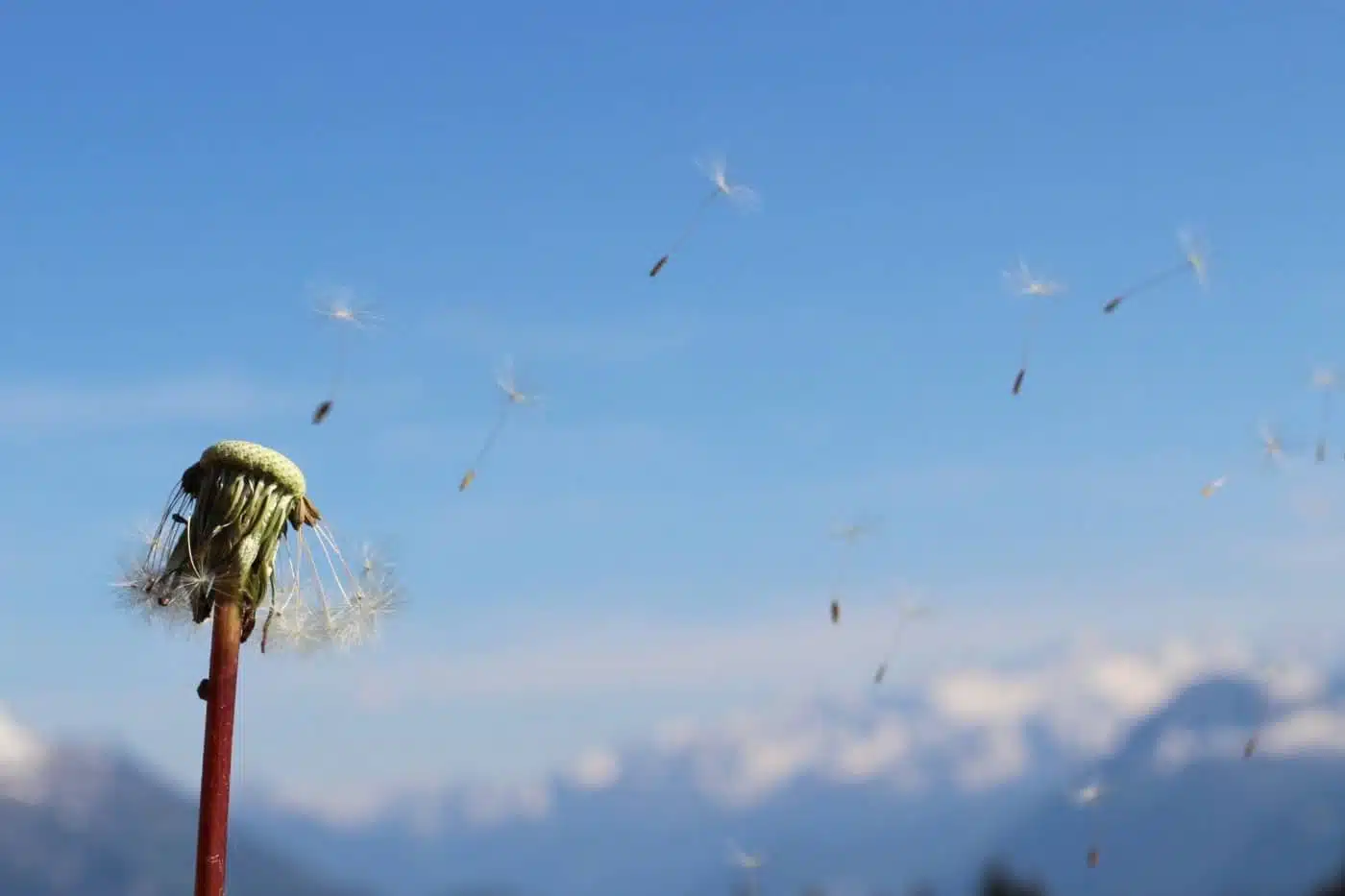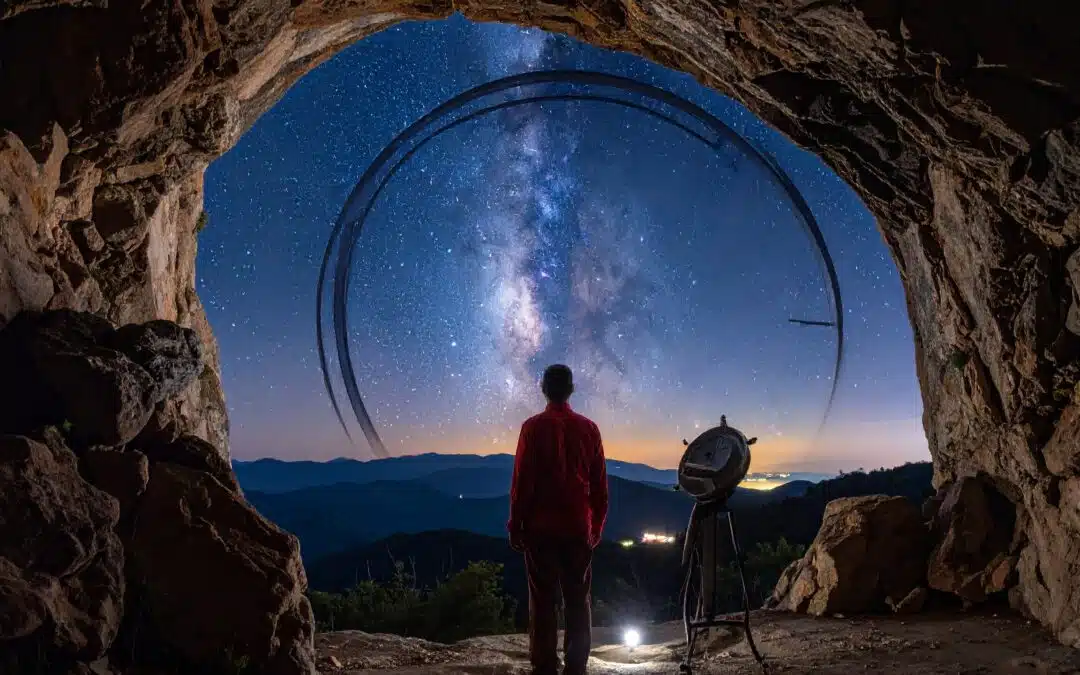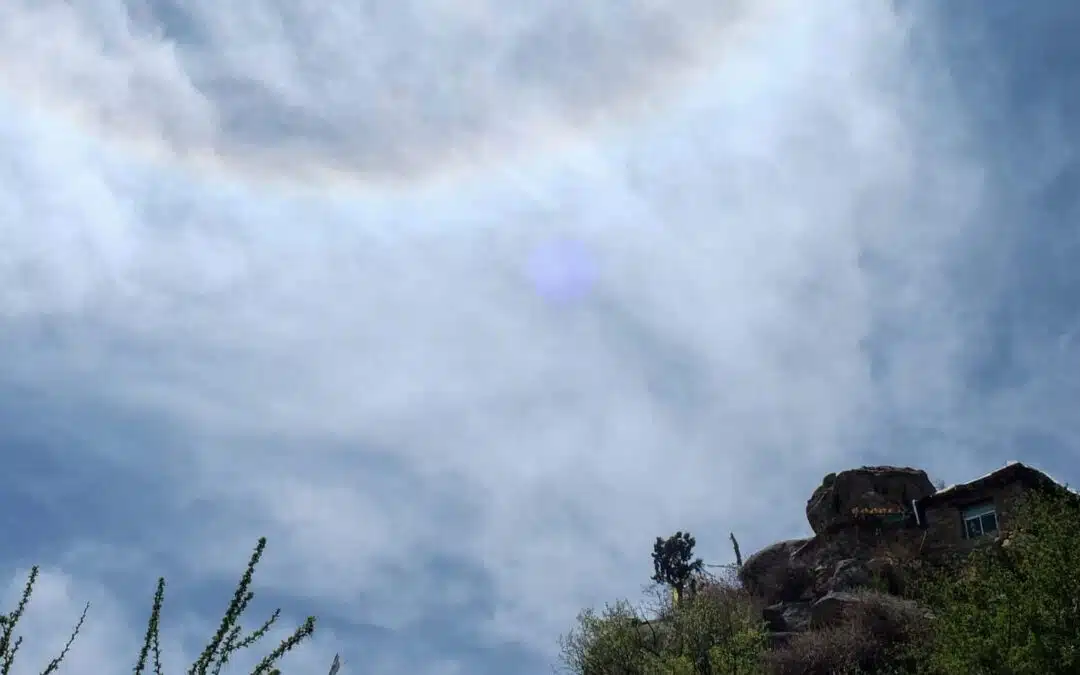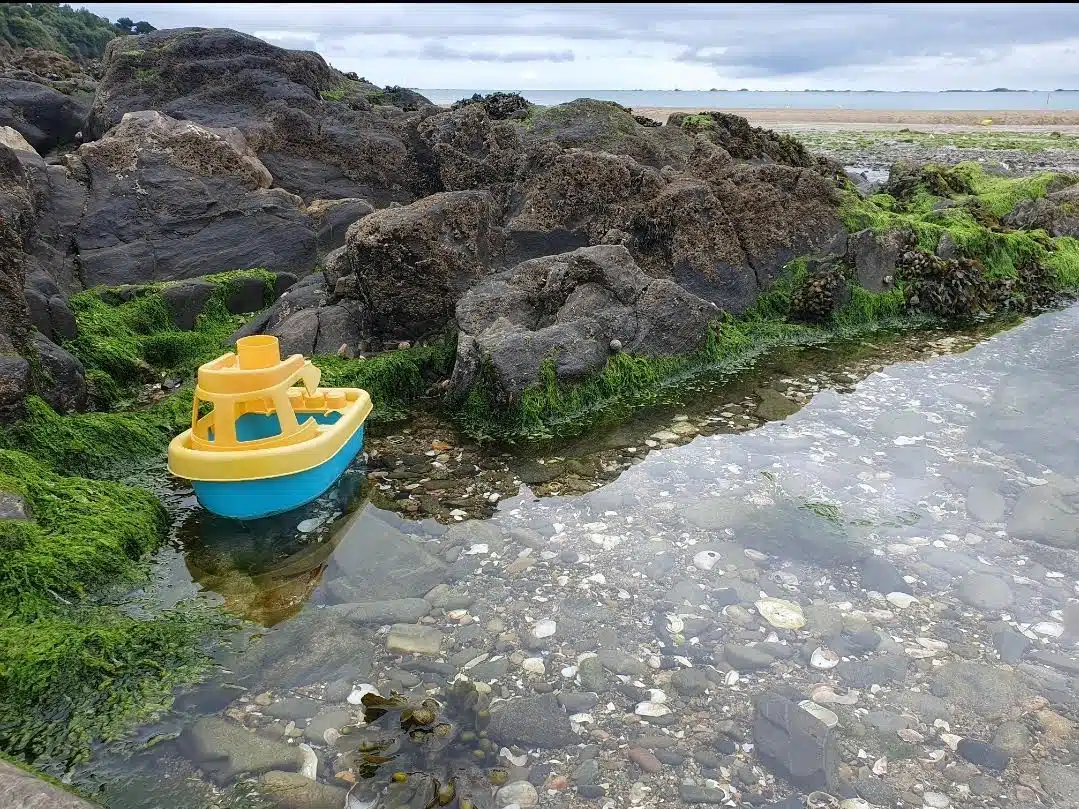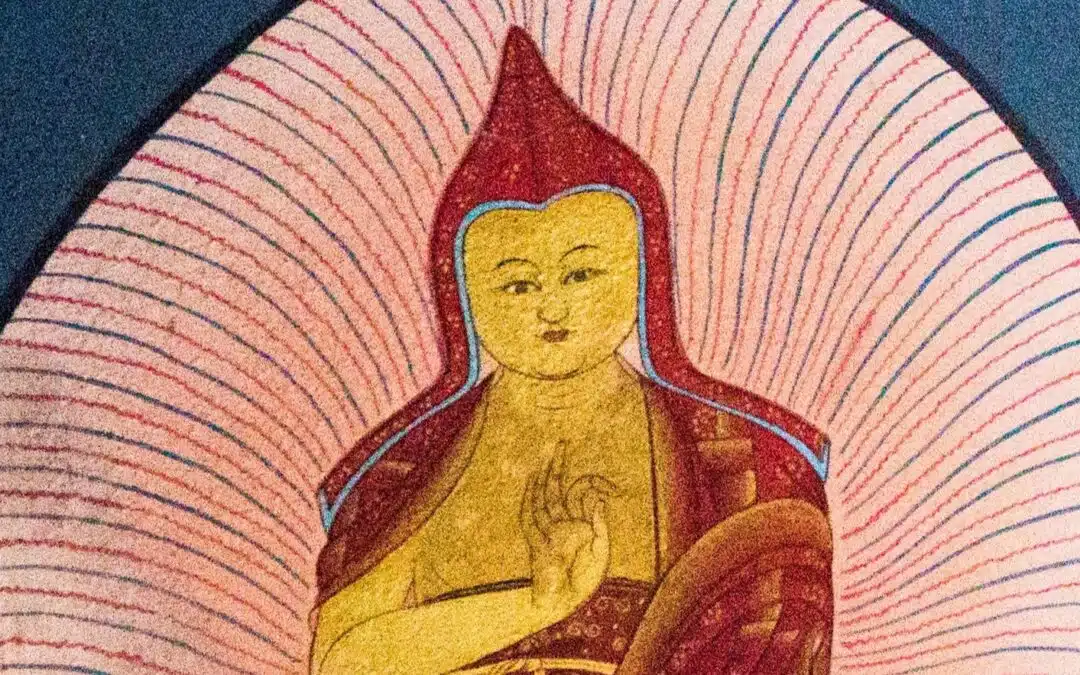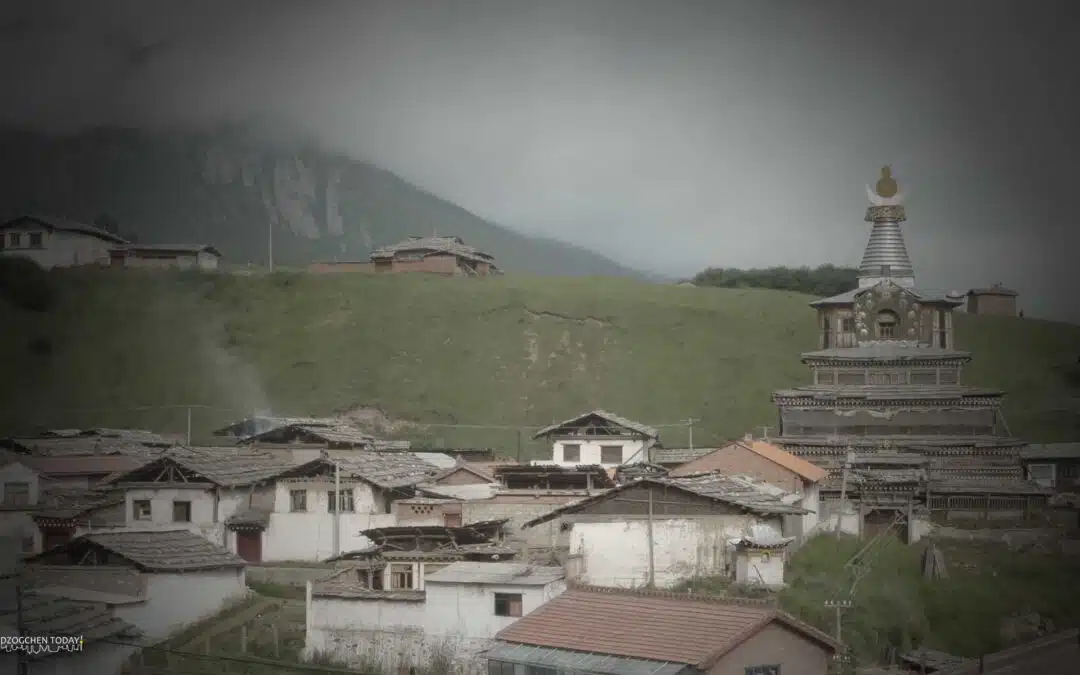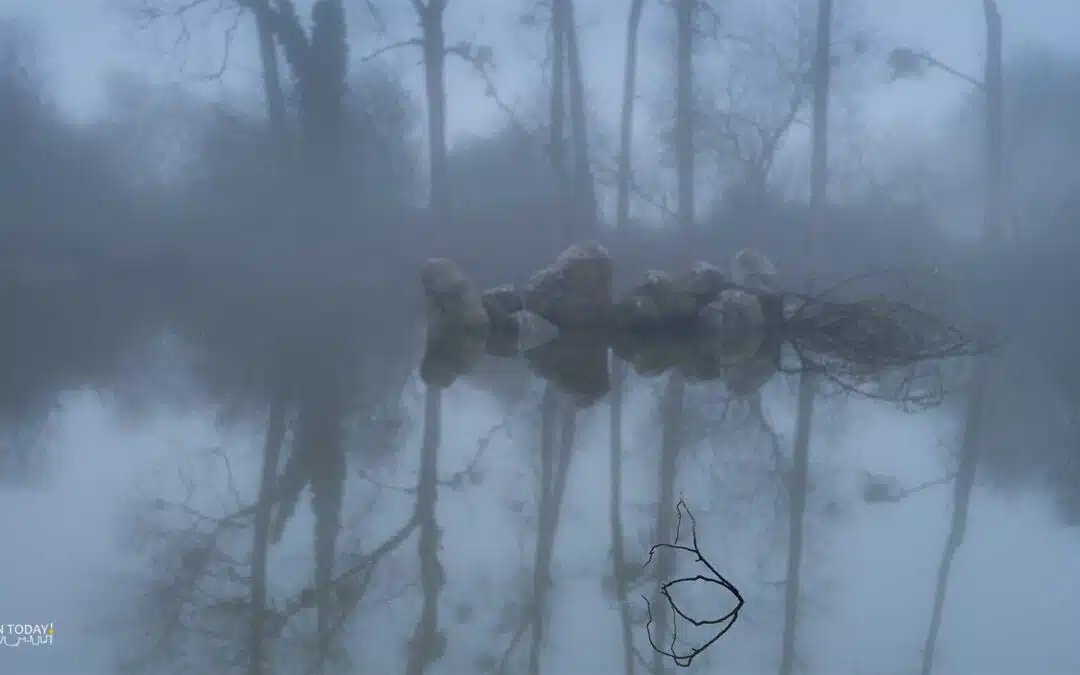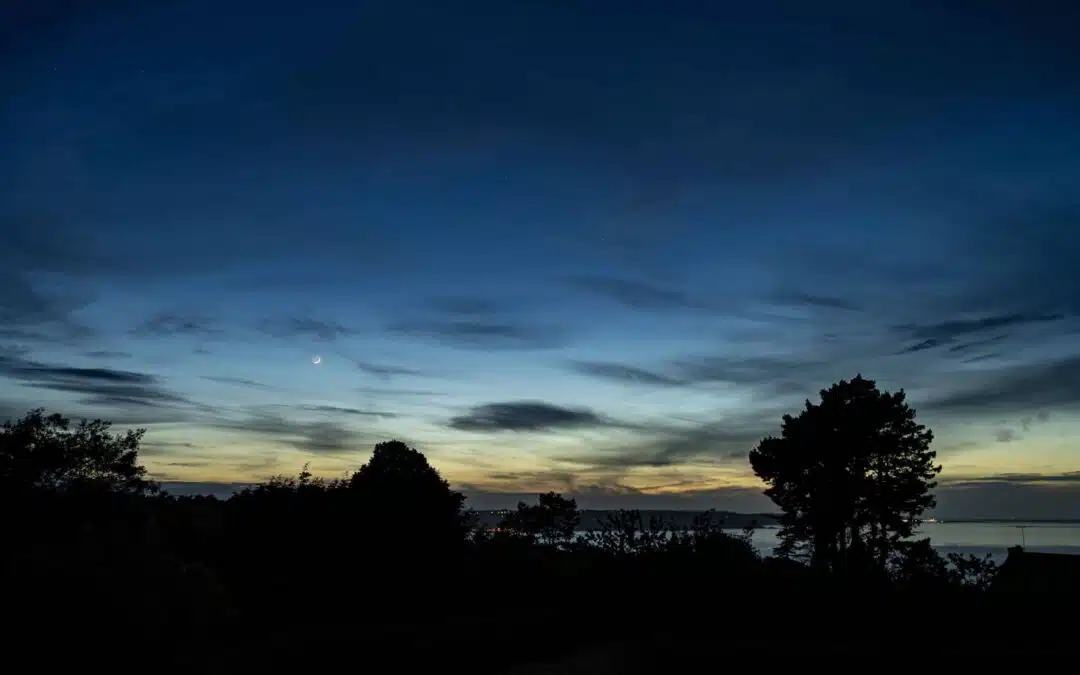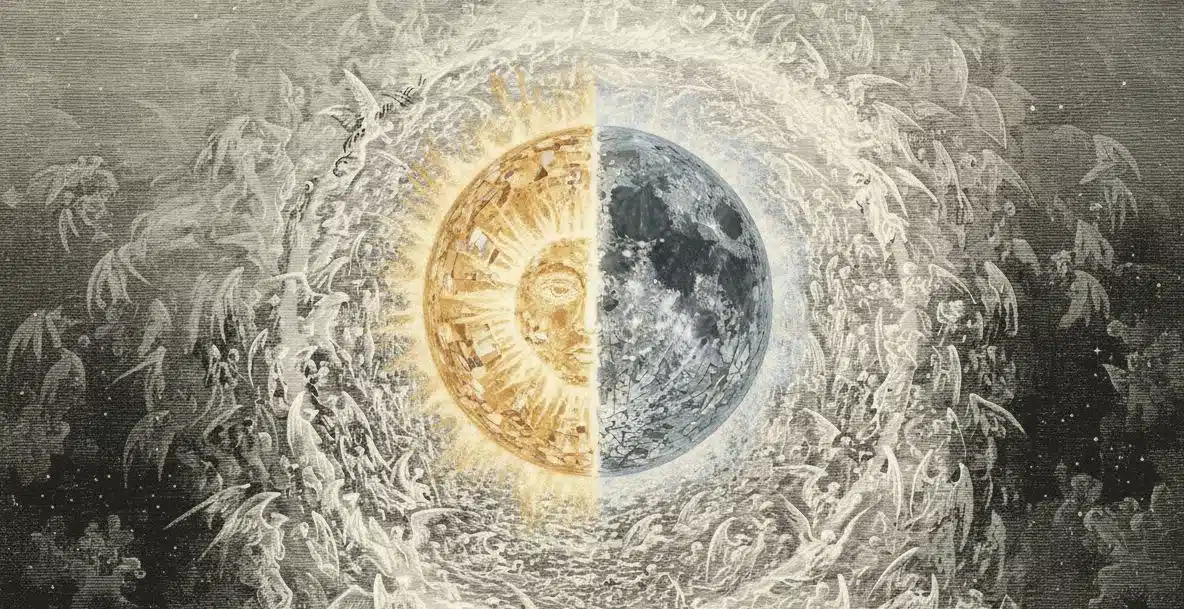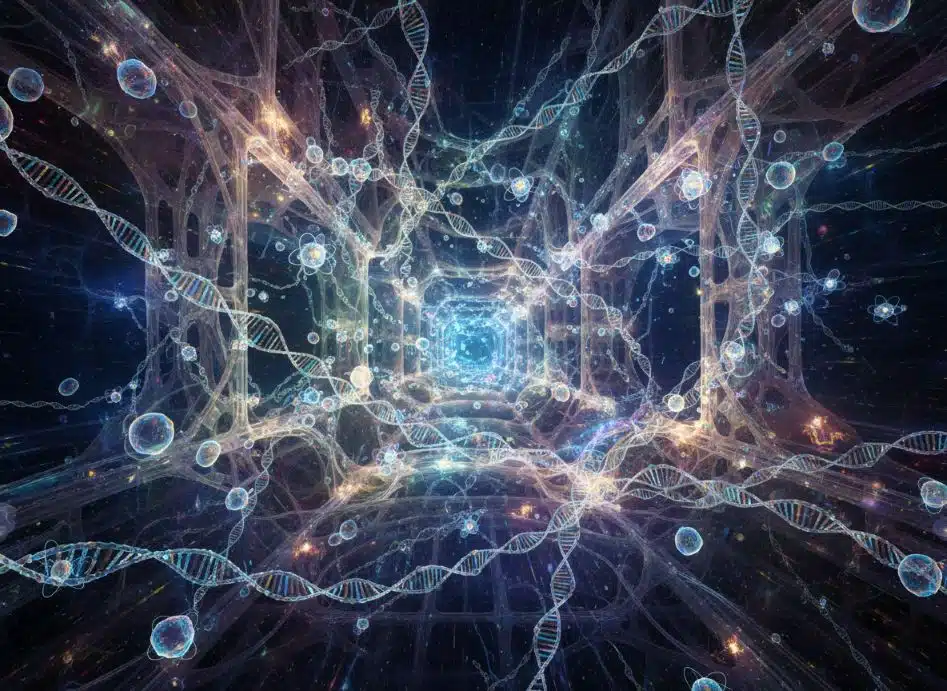A PRIMORDIAL PLACE

Written by Johanne Bernard
Blog | Daily Life Testimonials | Reflections on life
In this article ” A primordial place”, Johanne tells us about the state of primordial nature through the experience of finding a place of our memories.
A primordial place
We all have a place to which we feel a special connection. A place, like a familiar landscape, where we like to retreat into our memories: a forest of centuries-old oaks; a pebbled beach by the sea; a snow-covered valley in the heart of a mountain… Maybe we went there once, maybe we went there regularly until life took us elsewhere.
Time passed and we didn’t return to that forest, that beach, that valley for a long time… Then one day we said to ourselves: What if I went back? To reconnect, to show my children.
We prepared ourselves as if we were going on a pilgrimage. We took the car or the train. We imagined what it would be like to see this place again. We immersed ourselves in our memories. And then we arrived.
“So to live this experience is to connect with the nature of reality in all its display and splendour..”
When we ask someone about to die where they would like their ashes to be scattered, it’s often a place like this that comes to mind. For them, this place is much more than a landscape. It’s the smell of the earth; it’s the sound of the wind in the leaves; it’s the sound of the snow crackling in the sunlight; it’s the light glistening on the water… It’s the memory of an experience often associated with childhood.
When children discover their surroundings for the first time, they do so with all their senses and in their entirety. This full experience takes place naturally, without judgement or comment, in an immediate, effortless awareness. Surely it’s the memory of this direct childhood experience that shakes us so deeply.
In this primordial state, in this naked emotion, where there is no more duality, no more outside or inside, the place in which the child finds himself is no longer a place to him, but the natural radiance of his own mind. The smell of the earth, the sound of the wind in the leaves, the crackling of the snow, the sparkling light of the water, are all natural manifestations of his mind.
In Dzogchen it is said that everything is both the basis of mind and its manifestation. Everything is the primordial nature of mind. So to live this experience is to connect with the nature of reality in all its display and splendour.
The place we want to take our children to won’t certainly be the same in 5 or 10 years. Yes, places perish, just as our bodies themselves are subject to degeneration and eventually disappear. However, by connecting with this first state, we can discover that at the source of phenomena is the primordial base of the mind, without origin or cessation.
So when we stand in front of the place we loved so much, whether it’s the rustle of the wind in the leaves or its absence, the sound of the snow crackling or its absence, the flicker of light on the water or its absence, it’s the sound of the primordial nature that resonates, the luminosity of rigpa[1] that manifests.
All that is precious needs to be protected. Reconnecting with primordial nature is perhaps the way to remind ourselves of the preciousness of human existence and that of all that surrounds it.
Perhaps, in the end, this is what we can pass on to our children, who in turn can pass it on to theirs…
[1] Rigpa : « primordial evidence”, the natural presence of the primordial aspect of mind. BACK
MORE ARTICLES
Being Your Own Master
Relationship with a master requires discernment. “Being your own master” offers insights into understanding devotion and avoiding pitfalls.
The Story of the First Masters: Manjushrimitra
We continue the Stories of the First Dzogchen Masters with Manjushrimitra, who structured the verses of Dzogchen into three series.
Be authentic!
In "Be Authentic!" Denis explores authenticity in the master-disciple relationship, a living space in which the nature of mind is recognized.
The First Day
In this article "The First Day", Mila Khyentse talks about the first day of the Tibetan year and what we usually do in a primordial way.
The Tibetan Transmission: the Transmission According to the Four Initiations of Vajrayana
The Tibetan transmission, according to the four initiations of Vajrayana, leads to the complete realization of the ultimate nature of all reality.
The ground of all Künshi
This article “The ground of all, Künshi” provide a better understanding of the essential words and concepts of Dzogchen.

